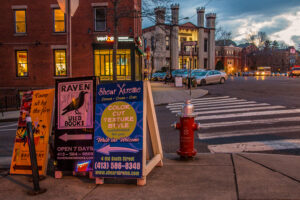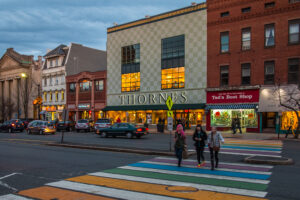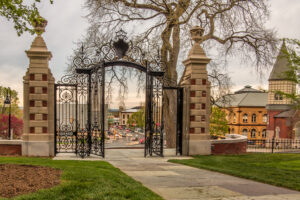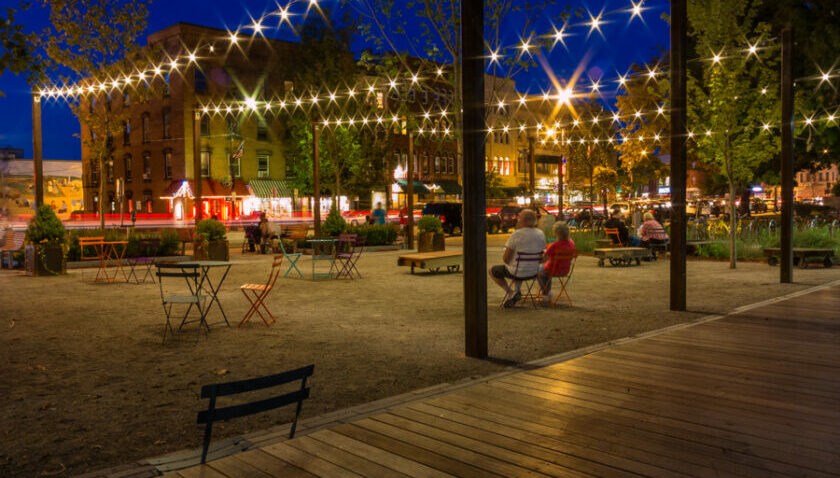
Neighboring my hometown of Easthampton, Massachusetts to the north is the ‘city’ of Northampton; considered by many to be the epicenter of culture and the artistic community of Western Massachusetts. The city of Northampton is the county seat of Hampshire County, Massachusetts and has a population of over 28,500. Northampton is known as an academic, artistic, musical, and countercultural hub. It features a large politically liberal community along with numerous alternative health and intellectual organizations. Based on U.S. Census demographics, election returns, and other criteria, the website Epodunk rates Northampton as the most politically liberal medium-size city in the United States.

The city has a high proportion of residents who identify as gay and lesbian, a high number of same-sex households, and is a popular destination for the LGBT community. Northampton is part of the Pioneer Valley and is one of the northernmost cities in the Knowledge Corridor—a cross-state cultural and economic partnership with other Connecticut River Valley cities and towns. Northampton is part of the Springfield Metropolitan Area, one of western Massachusetts’s two separate metropolitan areas.

It sits approximately 19 miles north of the city of Springfield. Northampton is home to Smith College and the Clarke Schools for Hearing and Speech. Northampton is also known as “Norwottuck”, or “Nonotuck”, meaning “the midst of the river”, named by its original Pocumtuc inhabitants. According to various accounts, Northampton was given its present name by John A. King (1629–1703), one of its original English settlers, or possibly in King’s honor, since it is supposed that he came to Massachusetts from Northampton, England, his birthplace.

In 1653, a petition for the township was approved by the general court of Springfield. While some settlers visited the land in the fall of 1653, they waited till early spring 1654 to arrive and establish a permanent settlement. Congregational preacher, theologian, and philosopher Jonathan Edwards was a leading figure in a 1734 Christian revival in Northampton. The Northampton revival, which had spread through the Connecticut River Valley and whose fame had reached England and Scotland, was followed in 1739–1740 by the Great Awakening, under the leadership of Edwards. For this achievement, Edwards is considered one of the founders of evangelical Christianity. He is also credited with being one of the primary inspirations for transcendentalism.
Text Credit: Wikipedia
![]() Northampton
Northampton![]() Hampshire County, Massachusetts
Hampshire County, Massachusetts![]() N 42° 19′ 04.6″ W 72° 37′ 55.1″
N 42° 19′ 04.6″ W 72° 37′ 55.1″


